Though commonly associated with military personnel who’ve been in combat, it can happen to anyone of PTSD
As scientific knowledge of the functioning of the human brain has grown, so too has our understanding of the various ways in which particular experiences can harm or mold mental health. After going through a traumatic event, some people may develop a specific condition called post-traumatic stress disorder.
Having studied PTSD for most of his professional life, Joseph A. Boscarino is a professor at Geisinger in Danville, Pennsylvania’s department of epidemiology and health services research. He claims that the disorder was initially “articulated in the late 1970s, right after the Vietnam War.” It was referred to as the “Vietnam Veteran’s Disorder” and explained how many soldiers who had served in that war and returned home suffered from mental health problems as a result of their experiences there. Since then, the definition of PTSD has been refined and expanded. Where once upon a time it was thought to only affect soldiers returning from combat, we now understand that it can affect virtually anyone who’s experienced or witnessed a trauma.
Also read-Liver Disease : A Patient’s Guide To Liver Disease And Its Symptoms
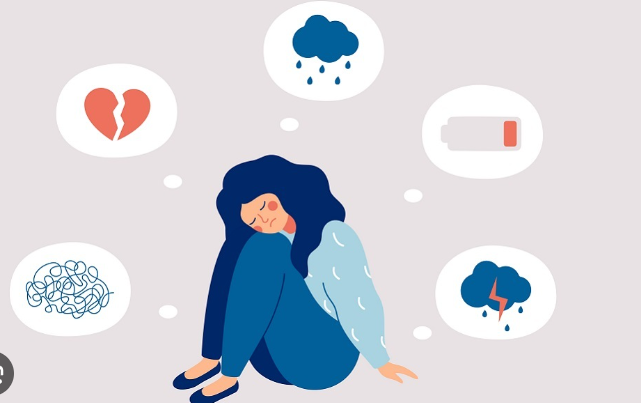
What is PTSD?
PTSD can be thought of as an overexpression of typical mental processes, according to Dr. Freda C. Lewis-Hall, chief patient officer at Pfizer and co-editor of the book “Psychiatric Illness in Women: Emerging Treatments and Research.” “If you consider the various reactions your body experiences when it is seriously threatened, you can see how this works.” These reactions, which are also known as the fight-or-flight response, prepare you to either fight a threat or run away from it. In a life-threatening emergency, they can be of great assistance, but too much good thing can be harmful. “Really, PTSD is just those reactions gone crazy.”

And when they go rogue, they can lead to “intrusive thoughts,” Lewis-Hall says. “You can’t stop thinking about it. You may visualize, or play it over and over. It can also be characterized by disturbances in sleep, by nightmares and flashbacks, and oftentimes patients develop triggers – things that remind them of the incident and they begin to learn and understand those triggers and then avoid them. Places, people, things, smells, etc. It’s also often characterized by hyper-vigilance – being physically and mentally on high-alert at all times. This combination of things often leads to social, occupational and interpersonal dysfunction.”

Causes
PTSD is typically triggered by a single, traumatic event – such as a terrible accident – or a series of ongoing traumas, like childhood sexual abuse. Although the condition is often closely associated with veterans and the horrors of war, they aren’t the only people who develop PTSD.
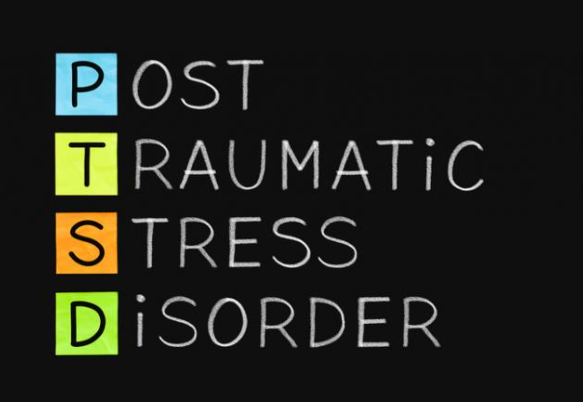
“When a person is exposed to some kind of traumatic experience that threatens their life, their safety or their way of living,” that could potentially cause PTSD, says Janina Scarlet, a licensed clinical psychologist and lead trauma specialist at the Center for Stress and Anxiety Management in San Diego. “Anything can be traumatic:a divorce, or losing a job, for example, or other traumatic events such as a car accident or a serious illness like cancer.” Indeed, according to Lewis-Hall, current studies indicate that roughly 20% of cancer patients experience post-diagnosis PTSD within six months of receiving their diagnosis. Be wary of those who do not consider this to be connected to any other medical conditions. According to Boscarino, “the exposure is the big cause.” Finding the original trauma can be challenging in certain cases, even though “the cause is known, but sometimes, as with a history of abuse in childhood,” it is known.
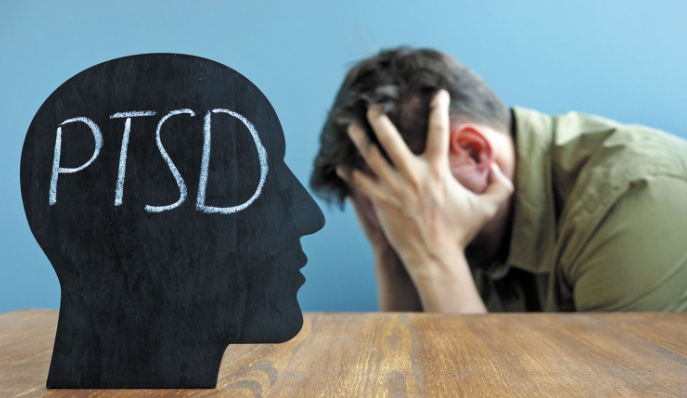
Risk factors
At some point in their lives, almost everyone will encounter something traumatic; however, not everyone who does so will go on to suffer from PTSD. Many people may go through brief periods of feeling down, but they are able to get over them. Nevertheless, Lewis-Hall notes that “the prevalence of this is pretty significant.” “Approximately 7 or 8 Americans out of 100 will experience PTSD at some point in their lives.”
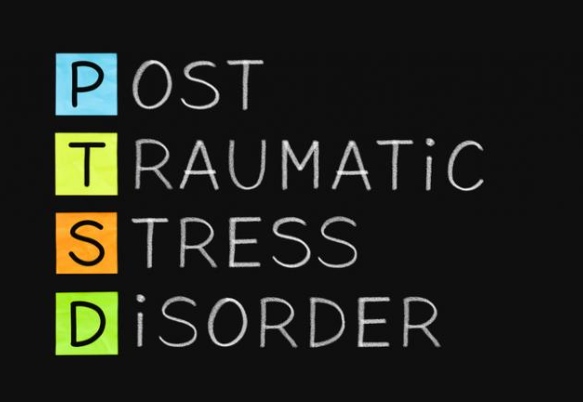
Why some people are able to avoid PTSD while others develop it is not fully understood. Boscarino, who is a Vietnam veteran and was in one of the World Trade Center towers on 9/11, has been researching that question for decades and says there are a lot of factors – social, genetic and environmental – that may come into play in determining why a specific person develops PTSD. “As a researcher, I want to find the molecule,” he says, meaning the specific pathway in the body that leads to the condition. But that’s going to take more research.
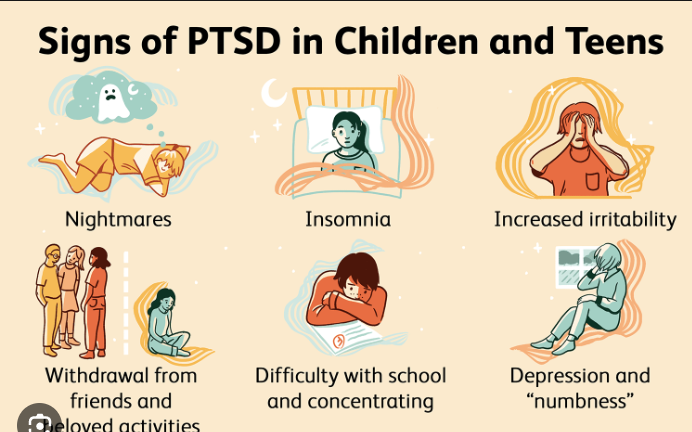
Diagnosis
If you find yourself having one or more of the symptoms listed above, you should speak with your health care provider about what you’re experiencing. There is no blood test that can diagnosis PTSD, but your doctor will take a thorough medical history and perform a physical examination to rule out any other medical conditions that could lead to some of these symptoms. Most people receive a diagnosis of PTSD when they’ve had a number of the previously listed symptoms for a month or more.
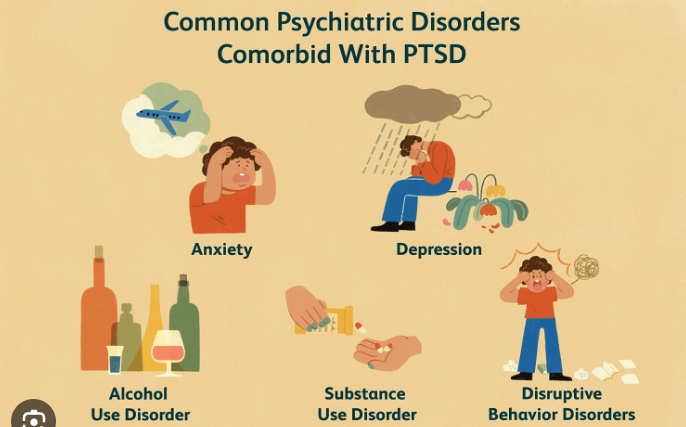
Treatment
No matter who you see for help, it’s best to seek help sooner rather than later. As research into PTSD has increasingly shown, early intervention after a traumatic event helps. You may be treated with a combination of approaches, including medications, talk therapy and other techniques. “A variety of medications have been developed,” Lewis-Hall says. “Because PTSD is often seen as a combination of cognitive, depressive and anxiety symptoms put together,” medicines developed to treat those conditions may be used for treating PTSD.
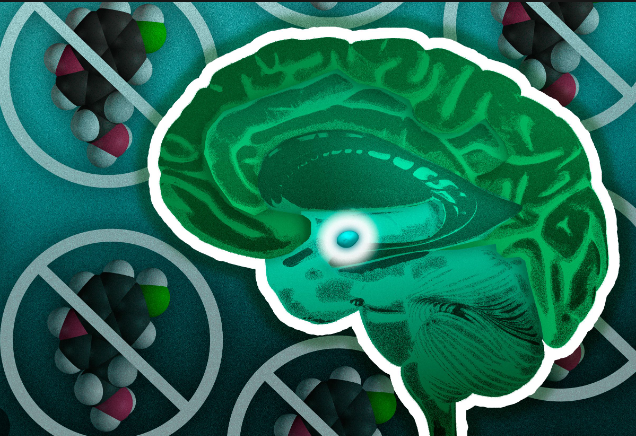
Medication is not always necessary for treating post-traumatic stress disorder (PTSD), and some patients may use medication in addition to other therapies like talk therapy or cognitive behavioral therapy. Lewis-Hall suggests using additional strategies that support “self-empowerment and self-meditative processes to address both the symptoms but also reset, the mind, if you will, against the core experience” and “relax or retrain the body and the thinking.”
Also read-Unveiling The Astonishing Benefits Of Eating Dates
images source: Google
Disclaimer: The opinions and suggestions expressed in this article are solely those of the individual analysts. These are not the opinions of HNN. For more, please consult with your doctor.




































